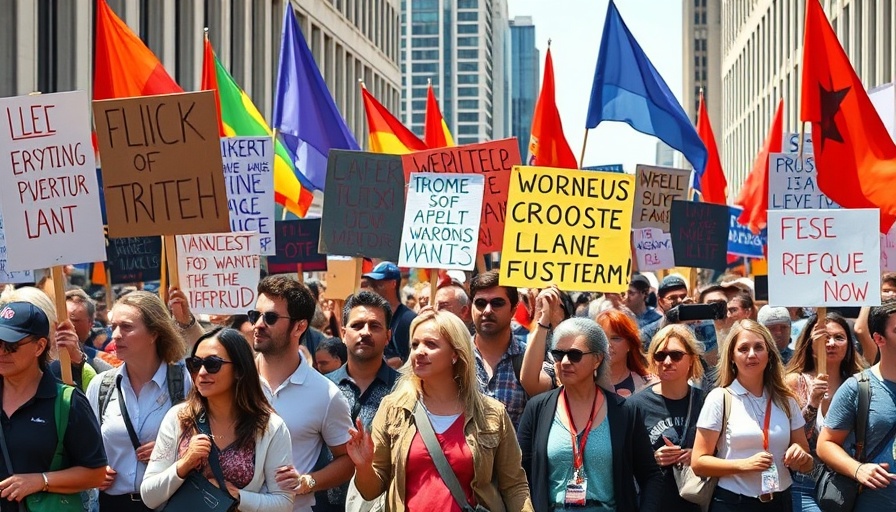
The Quest Within: Healing Your Inner Child
Have you ever felt that gaping void inside you, yearning for someone else to fill it? Many individuals embark on relationships hoping their partner will heal their deeply buried wounds, but what if the responsibility for that healing lies within? This concept is rooted in the Internal Family Systems (IFS) model developed by Dick Schwartz, suggesting that we often project our unhealed aspects, termed ‘wounded inner children,’ onto our romantic partners, inadvertently inviting them to play roles in our emotional recovery.
Why Expecting Partners to Heal Us Can Backfire
Many of us expect our partners to serve as caregivers to those wounded inner children, but this dynamic can lead to heartbreak and resentment. If both parties come with their unresolved traumas, they may unintentionally trigger each other’s pain, leading to cycles of emotional distress. Harville Hendrix's notion of the 'imago'—the concept that we choose partners who mirror our unresolved issues—highlights the importance of self-awareness and growth in a relationship.
Turning Inward for Healing
Real healing begins when we stop projecting our childhood needs onto our partners and start nurturing our own inner selves. The idea of saying 'You are the one you’ve been waiting for' emphasizes the need to become our own caregiver. This doesn't mean ignoring the value of support from our partners; rather, it entails balancing that with self-reliance. By internalizing the nurturing we crave, we remove the pressure from our relationships and foster a healthier emotional landscape.
The Role of Unconditional Self-Love
As children, many of us lack the consistent validation and love from caregivers. This void can manifest as a desperate need for external validation in adulthood. When we start to validate ourselves first, we break the cycle of seeking approval from others. Recognizing our inherent worth—independent of others’ opinions—can be liberating and is an essential step in personal growth.
Practical Steps to Nurture Your Inner Child
To embody the caregiver for your inner child, consider these practical approaches:
- Journaling: Document your feelings, experiences, and memories that evoke your inner child. Reliving these emotions helps to process them effectively.
- Mindfulness Practices: Engage in meditation and self-compassion exercises to stay connected to your emotions without judgment.
- Daily Affirmations: Use affirmations to reinforce your self-worth. Statements like 'I am enough' or 'I deserve love' can rewire your internal narrative.
- Seeking Therapy: If you find it difficult to navigate these emotions alone, consider professional guidance, especially through modalities like IFS.
Actionable Insights from IFS
The IFS model places significant emphasis on the bond between our ‘Self’—the wise and loving part of us—and our wounded inner children. Reparenting these children requires patience and dedication. Regular introspection can help you bridge the gap between your current self and your inner child's needs, allowing a harmonious integration of your past and present.
Building a Community of Support
While you are ultimately responsible for your own healing, sharing your journey can create a community of understanding and support. Communicate openly with loved ones and encourage those around you to embark on this journey of self-exploration. Build spaces for vulnerability, where everyone feels safe to express their inner child without fear of judgment.
A Journey Worth Taking
As you embrace the journey of healing your unmet childhood needs, remember that it is a continuous process. Be gentle with yourself; you are not alone in this. The growth you experience will not only enhance your relationship with yourself but will also transform the connections you share with others.
If you’re intrigued about exploring how IFS can foster personal growth and improve your relationships, consider participating in community workshops or self-help classes that emphasize emotional wellness. Engaging with a supportive network can guide you further along your healing path.
 Add Row
Add Row  Add
Add 




Write A Comment